Boost for home ownership gets second chance
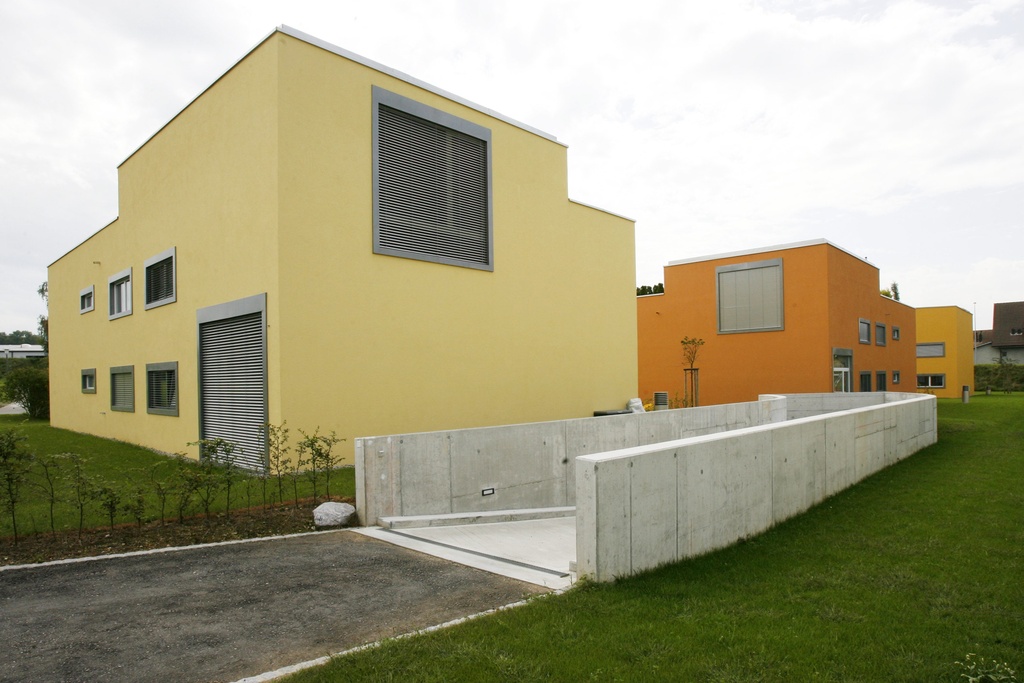
For the second time within three months a proposal to boost Swiss home ownership by granting tax breaks is going to a vote. A first plan was thrown out by a 56 per cent majority of voters back in March.
Sponsored by the Home Owners’ Association, the latest initiative facing voters on June 17 seeks to encourage the purchase of so-called first homes for taxpayers as Switzerland’s rate of home ownership is below average compared with other European countries.
Up to SFr10,000 ($11,016) per person could be set aside as tax deductible for a period of ten years with tax-free interests on the accumulated capital, according to the text of the initiative.
Supporters argue home ownership is not only high on the list of people’s personal goals but its promotion is also enshrined in the constitution.
Jean-François Rime, a parliamentarian for the rightwing Swiss People’s Party and a prominent businessman, says Switzerland still has to catch up with other European countries.
He adds that the promotion of home ownership has been successfully introduced in one of the 26 cantons of Switzerland – in Basel Country. But this assertion is questioned by Carlo Sommaruga, parliamentarian for the centre-left Social Democrats and secretary-general of a tenants’ association in western Switzerland.
For the rich
Parties to the left and the centre, as well as the government, have come out against the initiative saying it interferes with the autonomy of cantons and only helps the well-off to acquire property and save taxes.
“Only the rich can benefit from the initiative. Those who can afford to buy property will be allowed to save tens of thousands of francs on top of everything,” says Sommaruga.
He says there are enough other fiscal incentives available to promote ownership, notably the possibility of investing money from two official social security schemes, including the occupational benefit fund.
“The really wealthy are most likely already home owners. But the example of canton Basel Country shows that middle class earners between SFr60,000 and SFr80,000 have benefited,” counters Rime.
He also discounts allegations that as a result of the savings plan the tax breaks would lead to a substantial drop in revenue for the state.
While Sommaruga warns that lower revenue would make the situation for public finances all the more worse at a time of an economic crisis and tight budgets, Rima downplays the financial impact.
Officials estimate revenue will slump by more SFr370 million annually for the federal as well as the cantonal and local authorities.
Disagreement
Switzerland has been a country with a comparatively low rate of home ownership and several details in the political discussions ahead of the vote have stood out.
The government decided to have separate votes within three months on largely identical proposals. In another rather unusual move, both chambers of parliament could not agree on a clear recommendation for the electorate.
“The cabinet decided to call separate votes to avoid possible contradictions in case both proposals were accepted at the ballot box,” says Ursula Eggenberger of the Federal Chancellery.
The first initiative, put forward by another group and voted on last March, included the promotion of eco-friendly renovations, set a 50 per cent higher tax-free amount and wanted to leave the introduction of the scheme up to individual cantons.
The traditionally modest percentage rate of home ownership in Switzerland (see chart) might come as a surprise to some.
But experts say the main reasons for it are the good returns over the long term offered to investors on the rental market and the reasonable value for tenants with average rents – coming in at 20 per cent of a household’s income before tax.
In addition observers point out real estate prices are very high as a result of the limited land available and the growing population with a hunger for more spacious homes and apartments.
Evolution of Swiss home ownership as a percentage of the population:
1950: ca. 37%
1960: 33,7%
1970: 28,5%
1980: 30,1%
1990: 31,3%
2000: 34,6 %
2011: 40 % (estimate)
Source: Federal Housing Office
People wishing to buy property in Switzerland have to provide a minimum of 20% of the financing with their own funds.
As a rule the bank which agrees to put forward the bulk of the credit (including interests) then checks the client’s background, notably whether the purchase is realistic and the housing costs do not exceed about 33% of the household budget.
Money paid towards the occupational benefit scheme and an individual voluntary fund can be withdrawn to buy a home.
Home owners are taxed for a largely fictitious rental value of the property, but they can claim tax deductions for renovation, interest on money borrowed and property taxes.
Observers say the current system with high debts on mortgages would face collapse in the event of a steep and sudden rise in mortgage rates.
The Home Owners’ Association is one of several representative organisations in Switzerland. It boasts more than 300,000 members.
Apart from the vote on promoting home ownership, a proposal to boost a Managed Care plan and an initiative by isolationists to give citizens a greater say on foreign policy matters are also on the agenda.
Around 5.1 million citizens are eligible to take part in the ballots, including 164,000 voters – notably Swiss expats – who can use e-voting as part of an ongoing trial with the technology.
As a rule, nationwide votes take place four times a year on a broad range of issues. Parliamentary elections are scheduled every four years.

In compliance with the JTI standards
More: SWI swissinfo.ch certified by the Journalism Trust Initiative


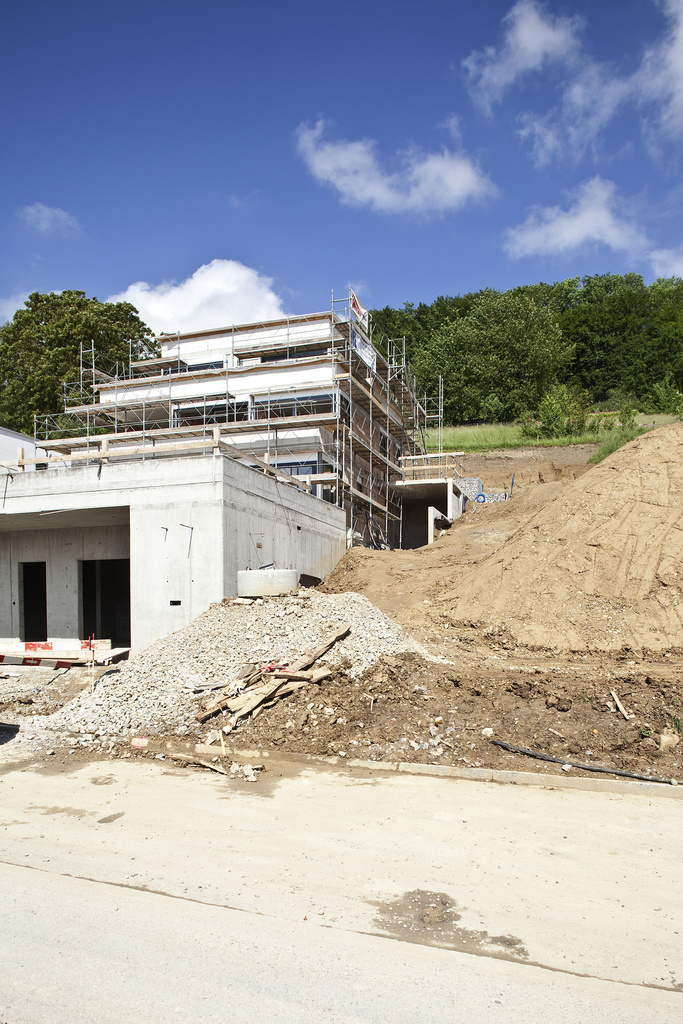
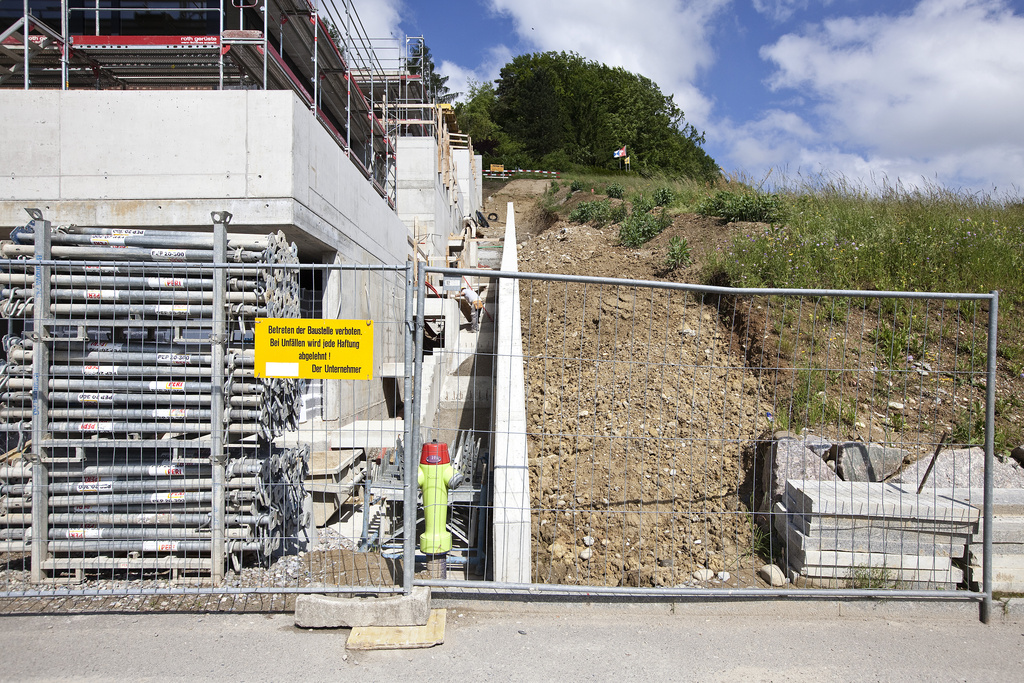
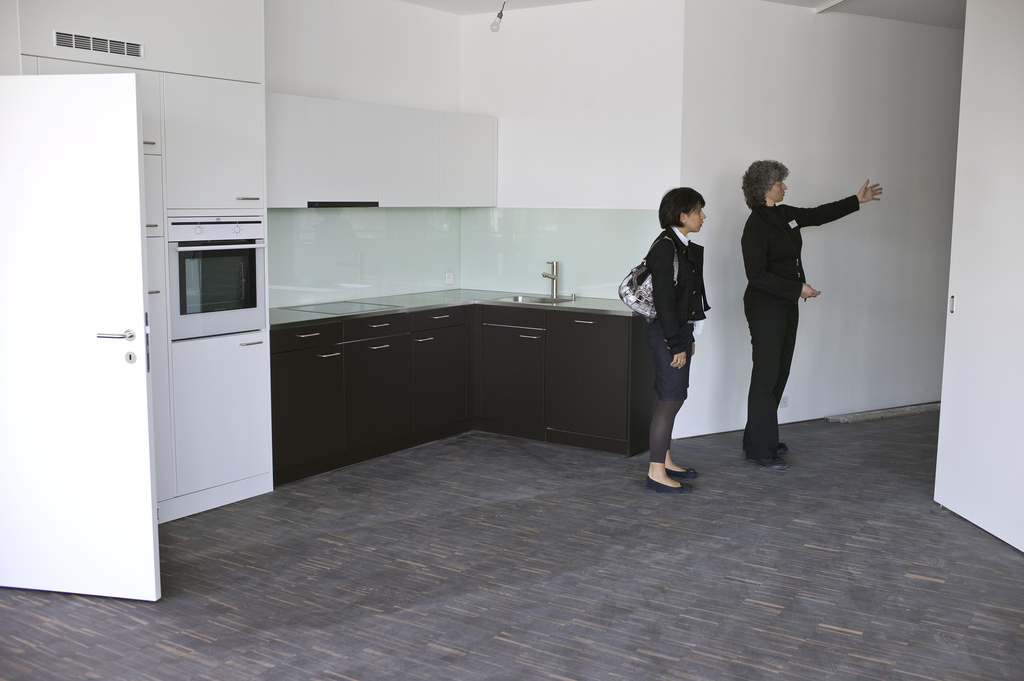
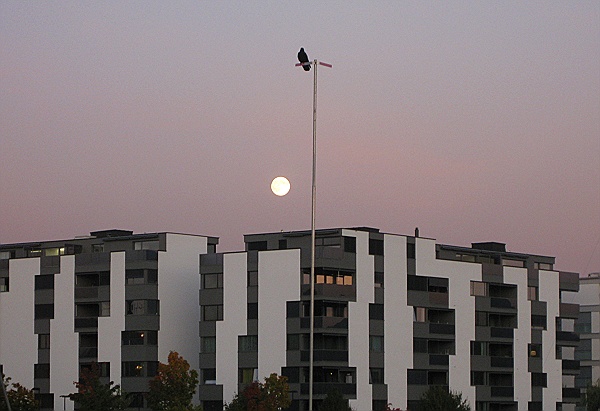

You can find an overview of ongoing debates with our journalists here. Please join us!
If you want to start a conversation about a topic raised in this article or want to report factual errors, email us at english@swissinfo.ch.